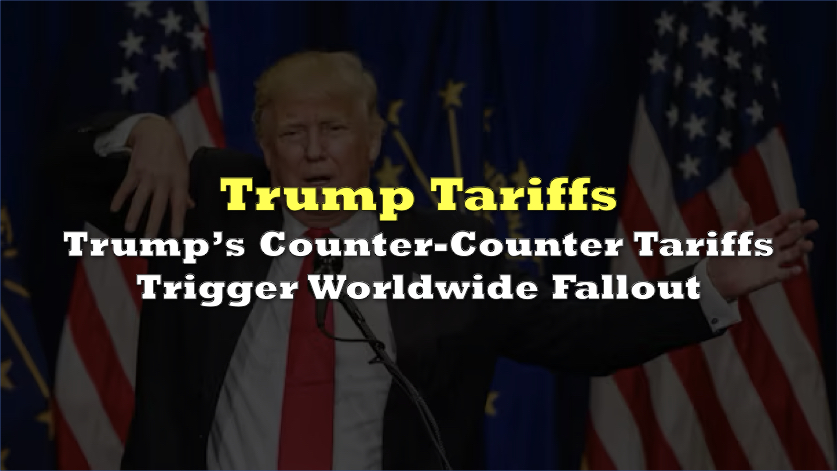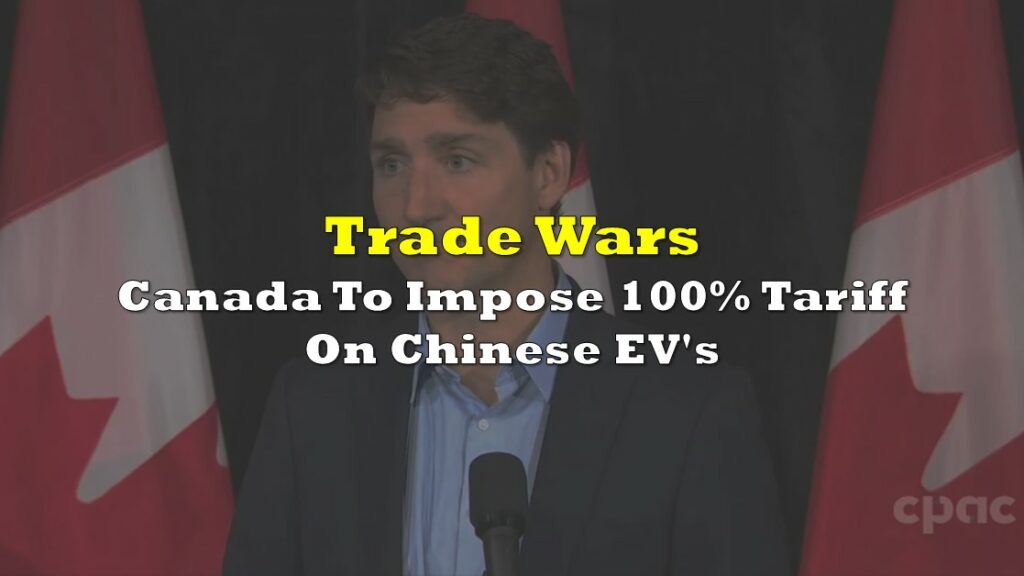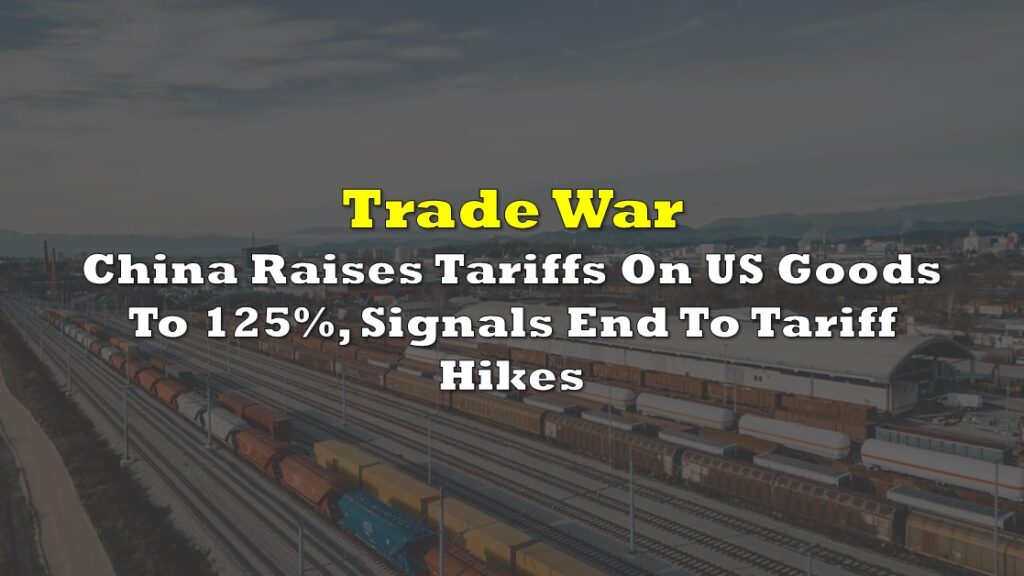President Donald Trump has pressed ahead with a hardline tariff agenda, imposing new levies—dubbed “reciprocal” and “Liberation Day” tariffs by his administration.
Several governments labeled “worst offenders” by Trump have pledged to lower or eliminate their own trade barriers in hopes of striking a quick deal. Israeli Prime Minister Benjamin Netanyahu pledged to slash Israel’s 17% tariff rate and reduce his country’s trade surplus with the US, calling the move “the right thing to do.”
Similarly, Japanese Prime Minister Shigeru Ishiba sought direct talks with US Treasury Secretary Scott Bessent, leading Bessent to declare that negotiations were underway to “implement the president’s vision for the new Golden Age of Global Trade.”
But not every nation is taking this conciliatory approach. China responded to Trump’s 34% tariff increase with an equal 34% of its own, provoking an immediate threat of a further 50% US tariff if China does not back down.
“China has chosen to isolate itself,” Bessent posted on X, while a Chinese Embassy spokesperson countered that “pressuring or threatening China is not a right way to engage.”
Caught in the crossfire are global markets, where volatility has soared amid investor fears of a prolonged trade war. Stock indexes have seen wild swings: a false rumor about a potential 90-day tariff delay briefly sent shares surging, but gains vanished as soon as the White House denied any such plan.
Despite mounting pressure from Wall Street, Trump has made clear he intends to press forward. “We’re going to have one shot at this,” he declared.
Additional signs of upheaval came with newly announced duties on Canadian lumber. Existing tariffs totaling 14.4% will jump to 34.45%, adding to the strain on Canada’s forests industry and threatening higher prices for US homebuilders. While the dispute between Ottawa and Washington over softwood lumber predates Trump, the higher rates coincide with the president’s sweeping new tariff actions.
Complicating matters, some leaders claim that even a zero-tariff offer to the US—such as one reportedly made by Vietnam—was rebuffed. White House trade adviser Peter Navarro dismissed Vietnam’s overture as meaningless, emphasizing the administration’s focus on non-tariff issues and accusing foreign governments of years of hidden “cheating.”
Holy fuck.
— Adam Cochran (adamscochran.eth) (@adamscochran) April 7, 2025
Vietnam, our best growing trade partner in SEA, who invested in helping us diversify away from Chinese supply chains, offered the US a zero tariff deal.
And Trump's team ***REJECTED*** it.
Wtf?!
How are countries even supposed to respond here.
Does the Trump admin… https://t.co/GJu2zXWRDV
The broader question is whether Trump’s global tariff barrage is a maneuver for short-term leverage or a long-term plan to reshape the global economy. Some analysts point to a rumored “Mar-a-Lago accord,” suggesting Trump wants to drive down the dollar and alter currency markets, thereby boosting US exports. Others argue the president is simply testing how far trading partners will go to avoid further financial pain.
Information for this story was found via BBC, Bloomberg, and the sources and companies mentioned. The author has no securities or affiliations related to the organizations discussed. Not a recommendation to buy or sell. Always do additional research and consult a professional before purchasing a security. The author holds no licenses.







